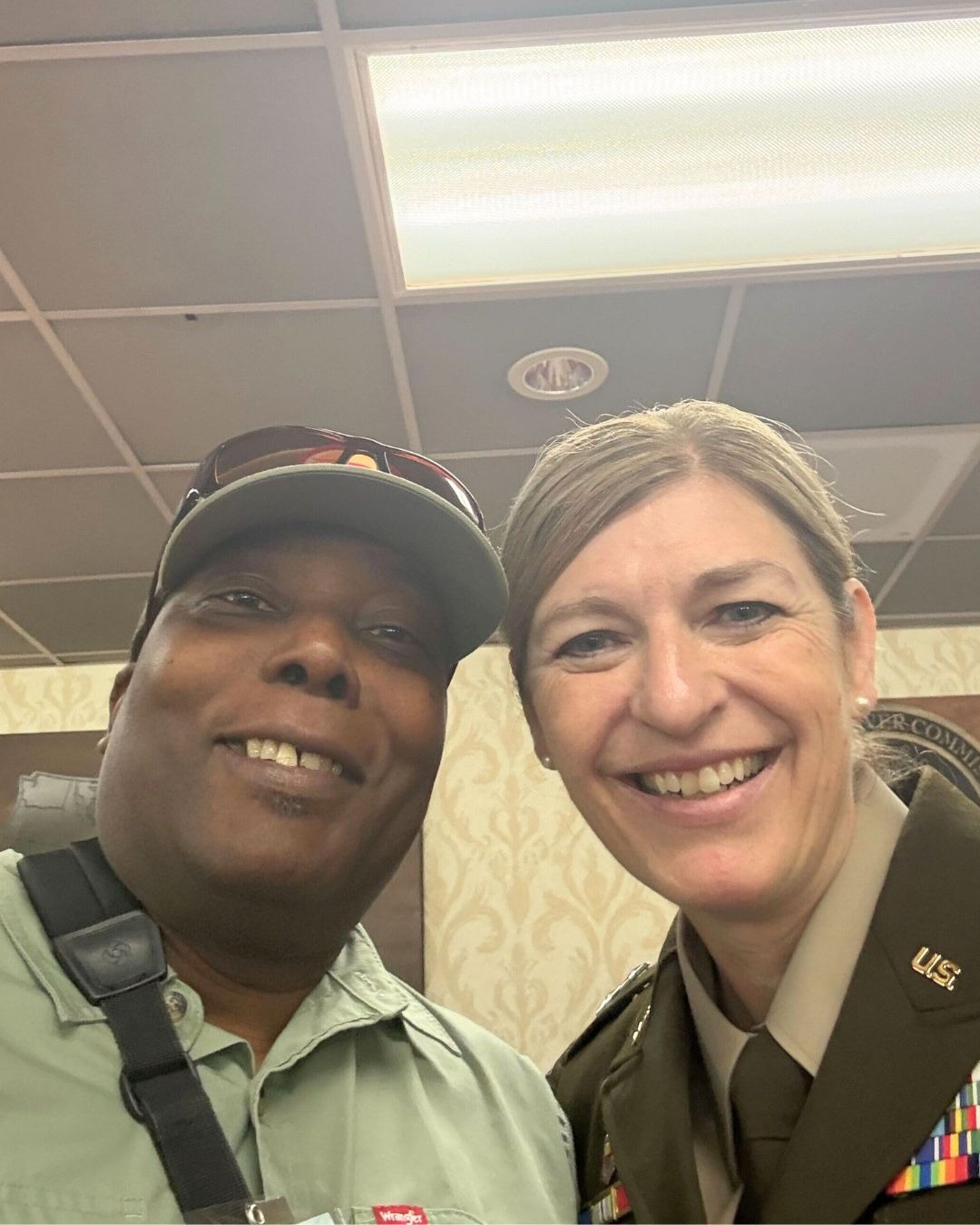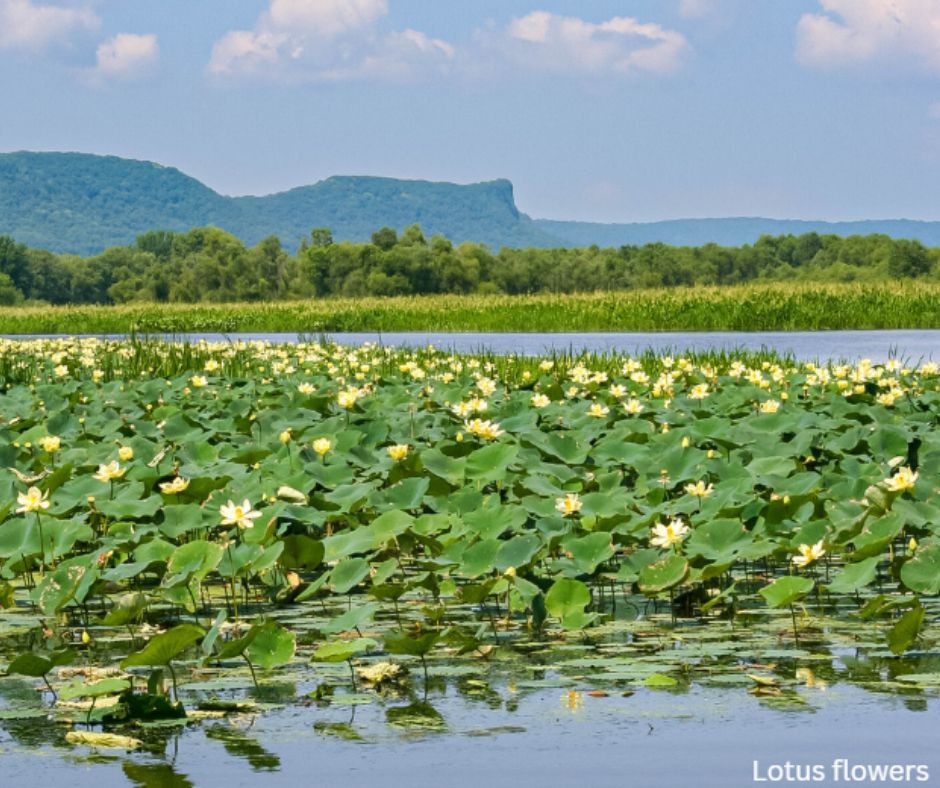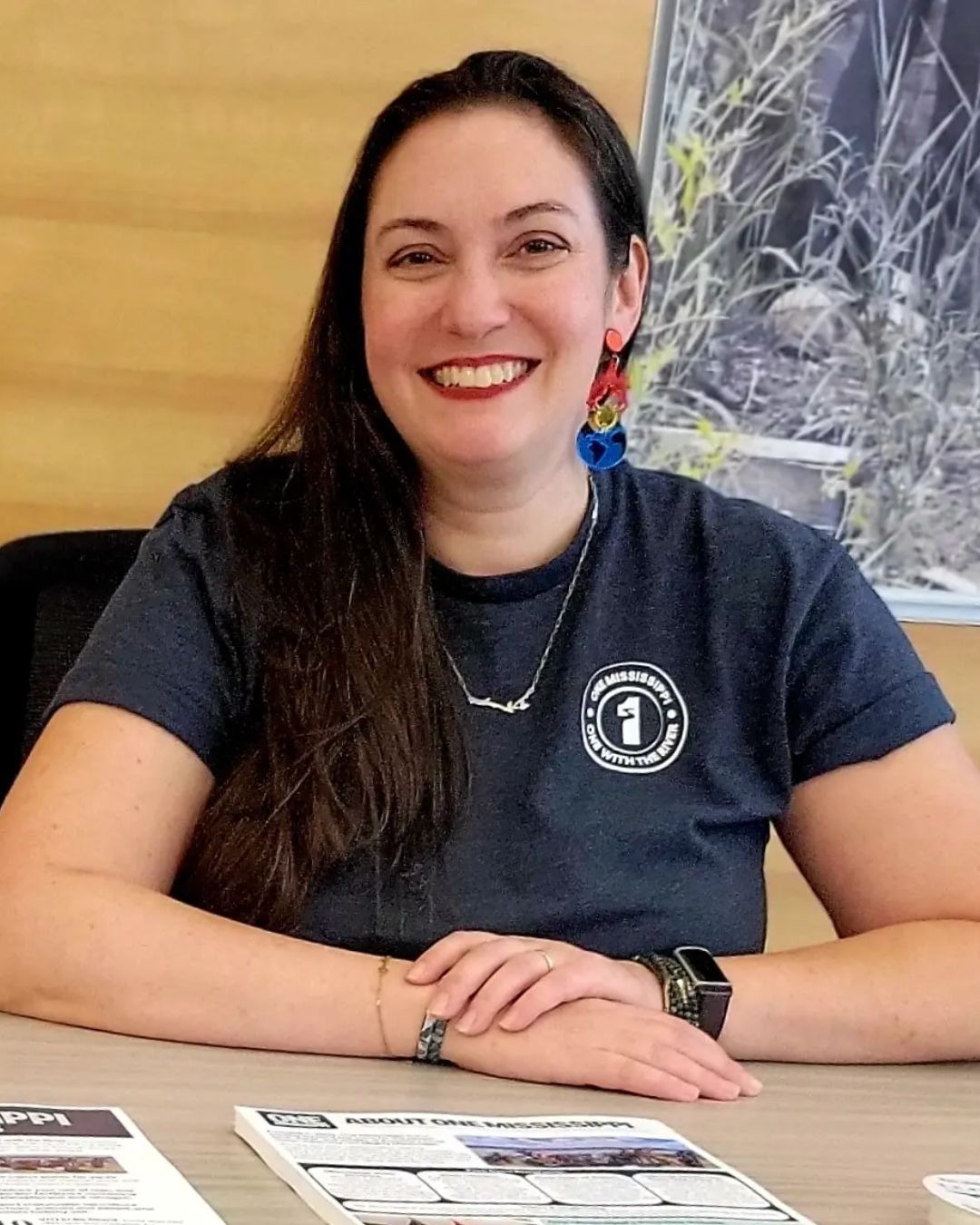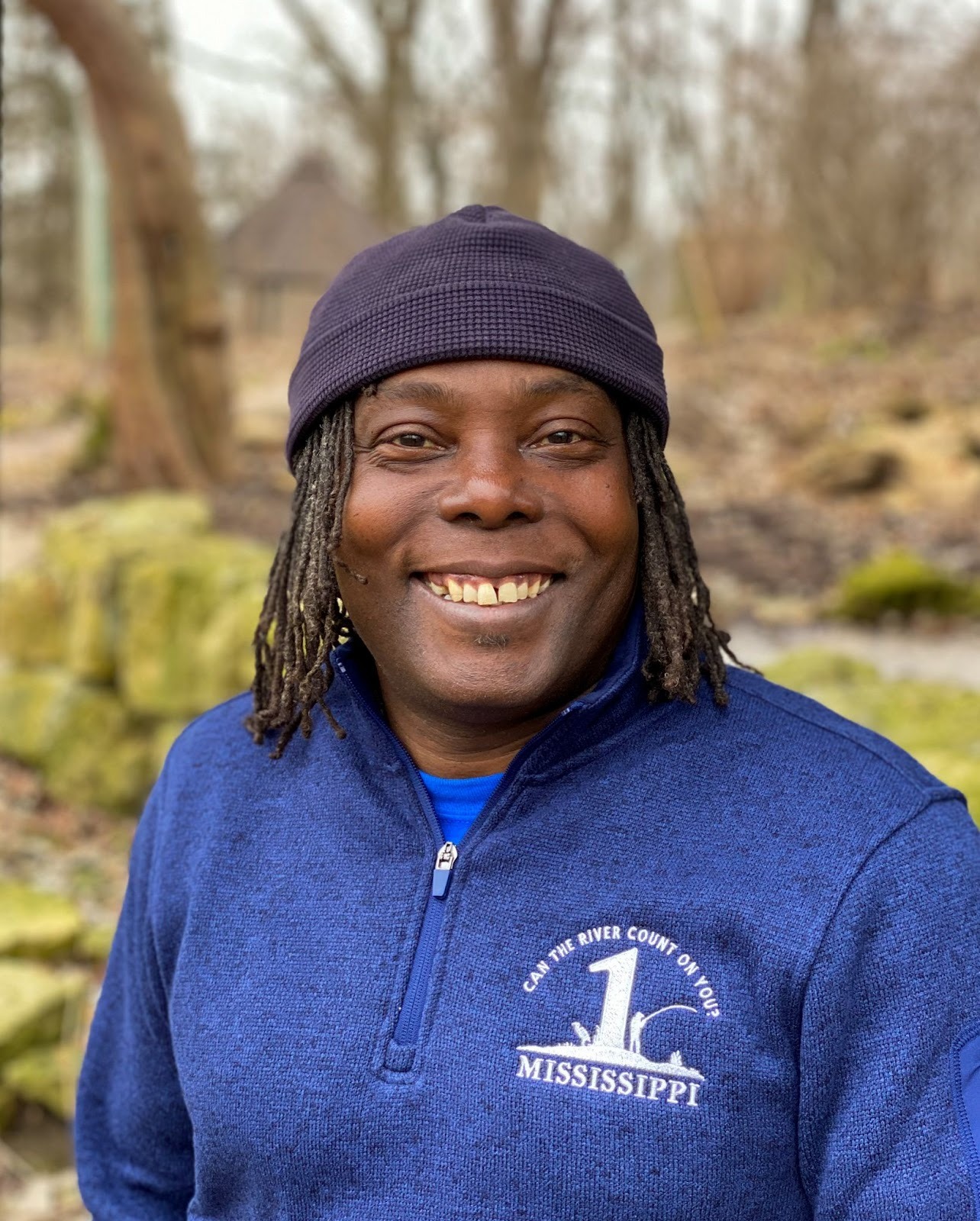Connecting Communities and the Corps: Voices and Priorities from the Low Water Inspection Tour
Open the newsletter
A Coordinated Voice for the River
In August 2025, One Mississippi organized member organizations from our Mississippi River Network for an important opportunity to engage with the U.S. Army Corps of Engineers. They boarded the Motor Vessel Mississippi—a Corps flagship vessel—to speak directly to the Mississippi River Commission during its Low Water Inspection Tour.

With five different stops, from St. Louis, MO to Morgan City, LA, our network showed up to deliver a unified message: the health of the Mississippi River ecosystem is invaluable to our nation—and the people, land, water, and wildlife who depend on it—must be front and center in decision-making processes.
It was a powerful moment of coordination and advocacy. While many who typically testify before the Commission represent navigation or industrial interests, One Mississippi organized partners from across the River to emphasize shared environmental priorities, elevate community voices, and remind the Corps that a healthy Mississippi River is critical to the nation’s well-being.

Understanding the Mississippi River Commission
Every spring and fall, the Mississippi River Commission (MRC) travels the River for public listening sessions—one during “high water” and one during “low water.” Established by Congress in 1879, the Commission was designed to advise the Corps and Congress on how best to manage flooding and navigation on the Lower Mississippi River.
Although its scope now extends to the entire Mississippi River watershed, most Commissioners and projects remain focused on the lower system. The seven-member body includes three military and three civilian presidential appointees, chaired by the Commander of the Corps’ Mississippi Valley Division.
Historically, the Commission’s emphasis has been on flood control and navigation, with little explicit attention to ecosystem health. Yet those very activities—dredging, levee construction, and river engineering—shape the environmental fate of the Mississippi River.
That’s where One Mississippi and our partners come in.
Leading up to the 2025 Low Water Inspection Tour, One Mississippi convened our members to identify shared priorities, provide background materials, and build testimony that reflected both local knowledge and system-wide insight. During the tour, One Mississippi members testified at three of the five public meetings in St. Louis (MO), Caruthersville (MO), Memphis (TN), Greenville (MS), and Morgan City (LA)—all part of the Commission’s journey aboard the MV Mississippi.
For a deeper dive, read the full comments and testimonials from two of our member organizations:
These statements, echoing voices up and down the River, helped shift the conversation toward ecological restoration, clean water, and community protection.
Our 2025 Shared Priorities for the Mississippi River Commission Low Water Inspection Tour
One Mississippi’s coordinated testimony emphasized the following priorities during the 2025 Mississippi River Commission Low Water Inspection Tour:
- A healthy Mississippi River is invaluable to the nation.
- The environmental impacts of navigation and flood control on the Mississippi River need to be mitigated.
- The Yazoo Pumps project will irrevocably damage hemispherically important wetlands.
- Funding for the Lower Mississippi River Comprehensive Management Study is critical.
- Drought and sea level rise threaten communities that rely on the Mississippi River for drinking water.
- Growing industrial water demands along the Mississippi River cannot be overlooked.
Why These Priorities Matter
Flood control and industrial navigation have significant impacts on the health of the Mississippi River. Levees for flood control projects have disconnected 90 percent of the River’s natural floodplain—over 30,000 acres of vital habitat that once buffered floods, filtered water, and sustained wildlife.
In fact, floodplains are among the richest and most biodiverse wildlife habitats, second only to coastal wetlands in terms of the number of species they support. Estimates on the economic value of healthy floodplains range from hundreds to thousands of dollars per acre annually.
Navigation dredging reshapes riverbeds, smothers aquatic vegetation, and disrupts wetlands. These choices ripple outward, affecting drinking water, habitat, and community safety.
As one of the few coalitions consistently engaging the Corps on these issues, One Mississippi’s coordination ensures that the voices of people and ecosystems are heard alongside commerce and engineering interests.
Looking Ahead
The Mississippi River Commission’s Low Water Inspection Tour meetings remind us how important it is for advocates, scientists, and community leaders to be physically present in the rooms where River management decisions are made.
Thanks to coordination by One Mississippi, organizations presented a united message: that the River’s health and our communities’ futures are intertwined.
From clean drinking water to floodplain restoration, from industrial accountability to climate resilience, One Mississippi will continue to connect people, policy, and power so the Mississippi River thrives for generations to come.

Blog by Olivia Dorothy
One Mississippi



